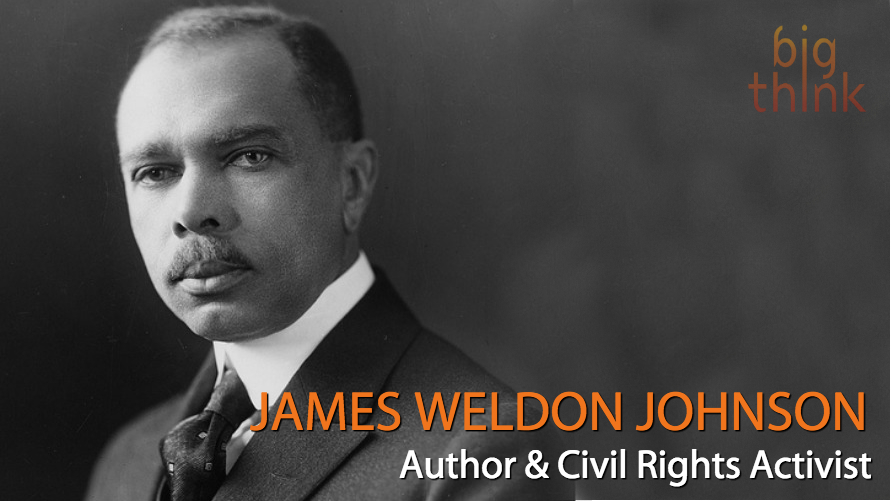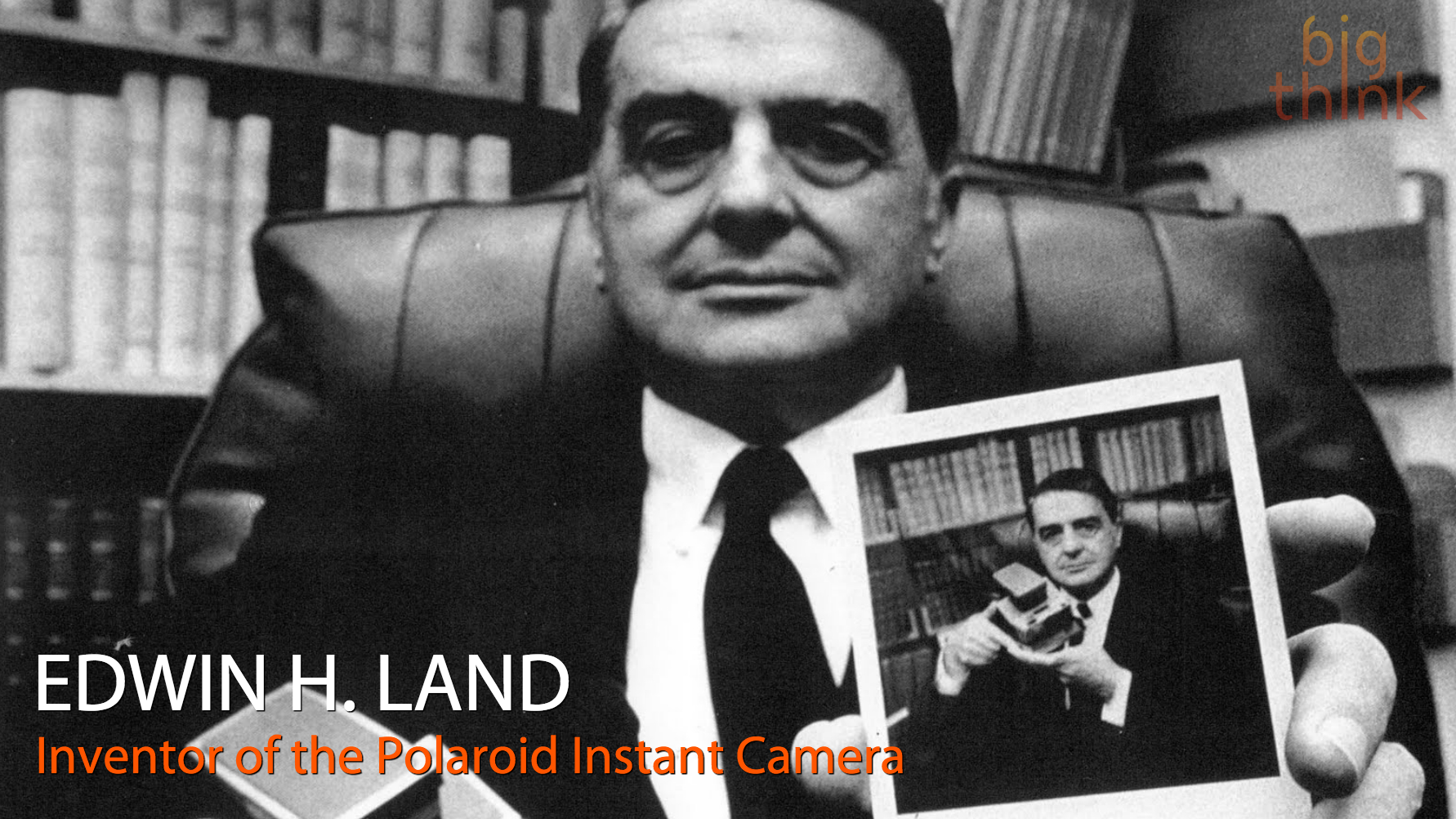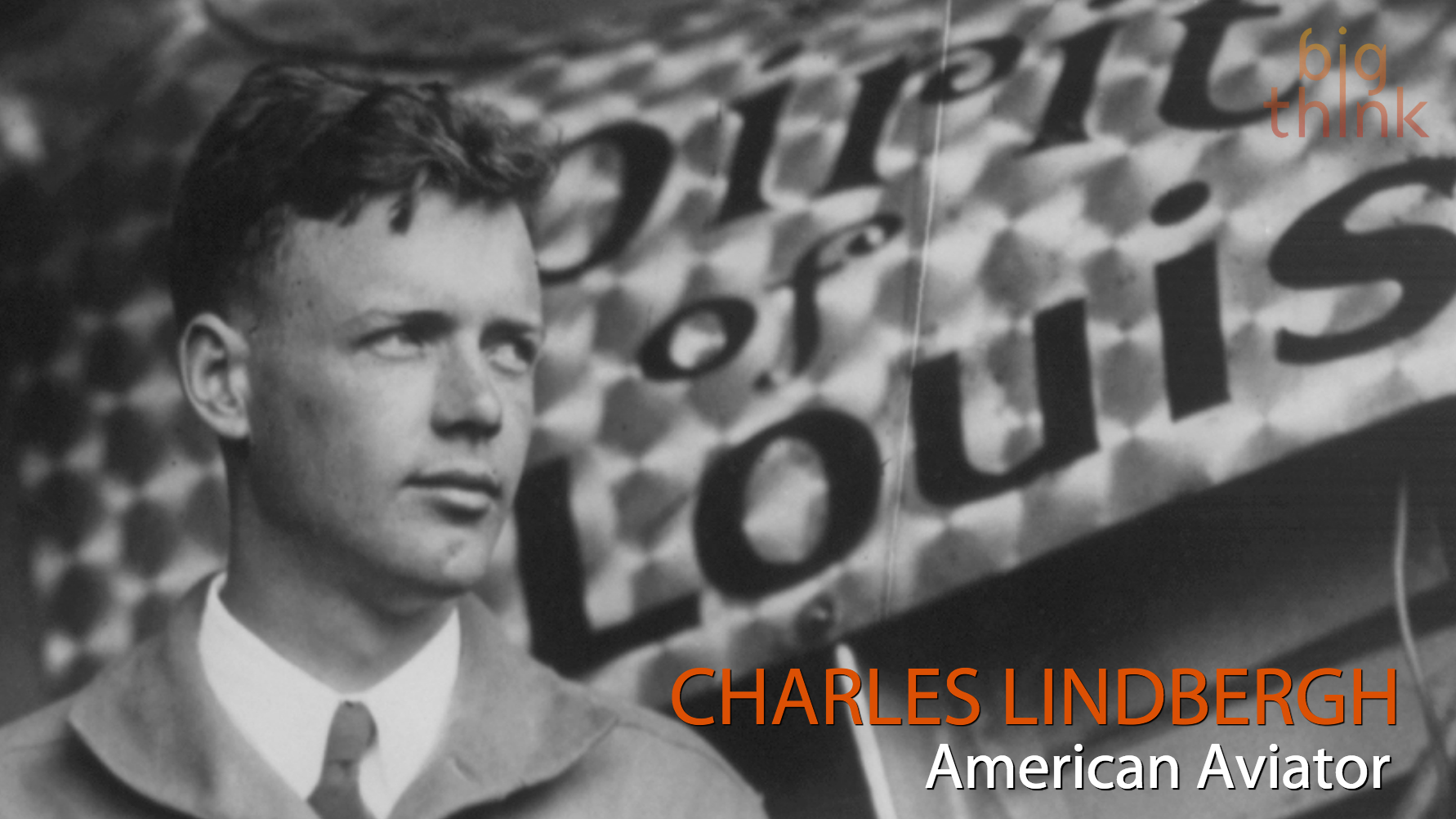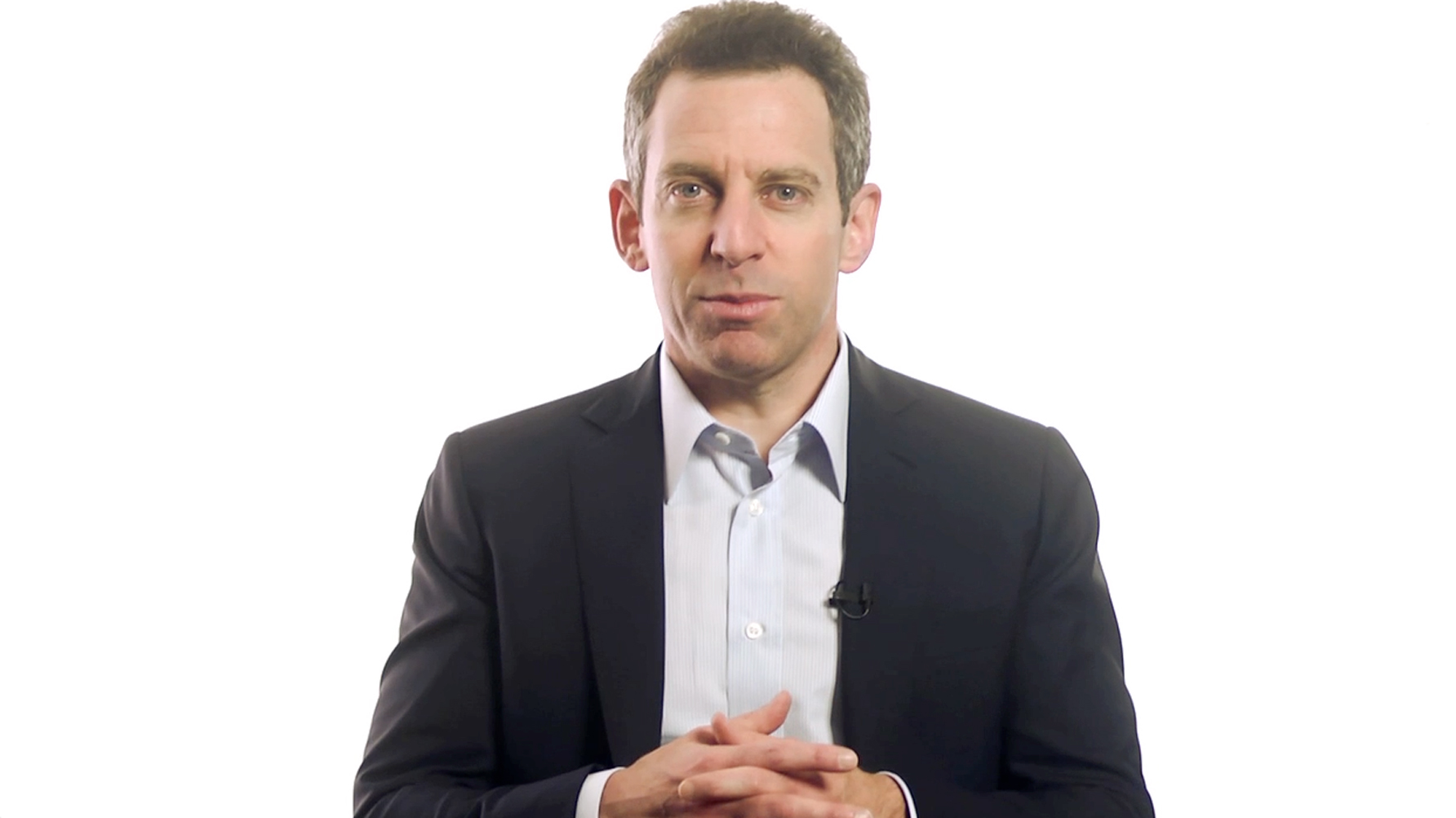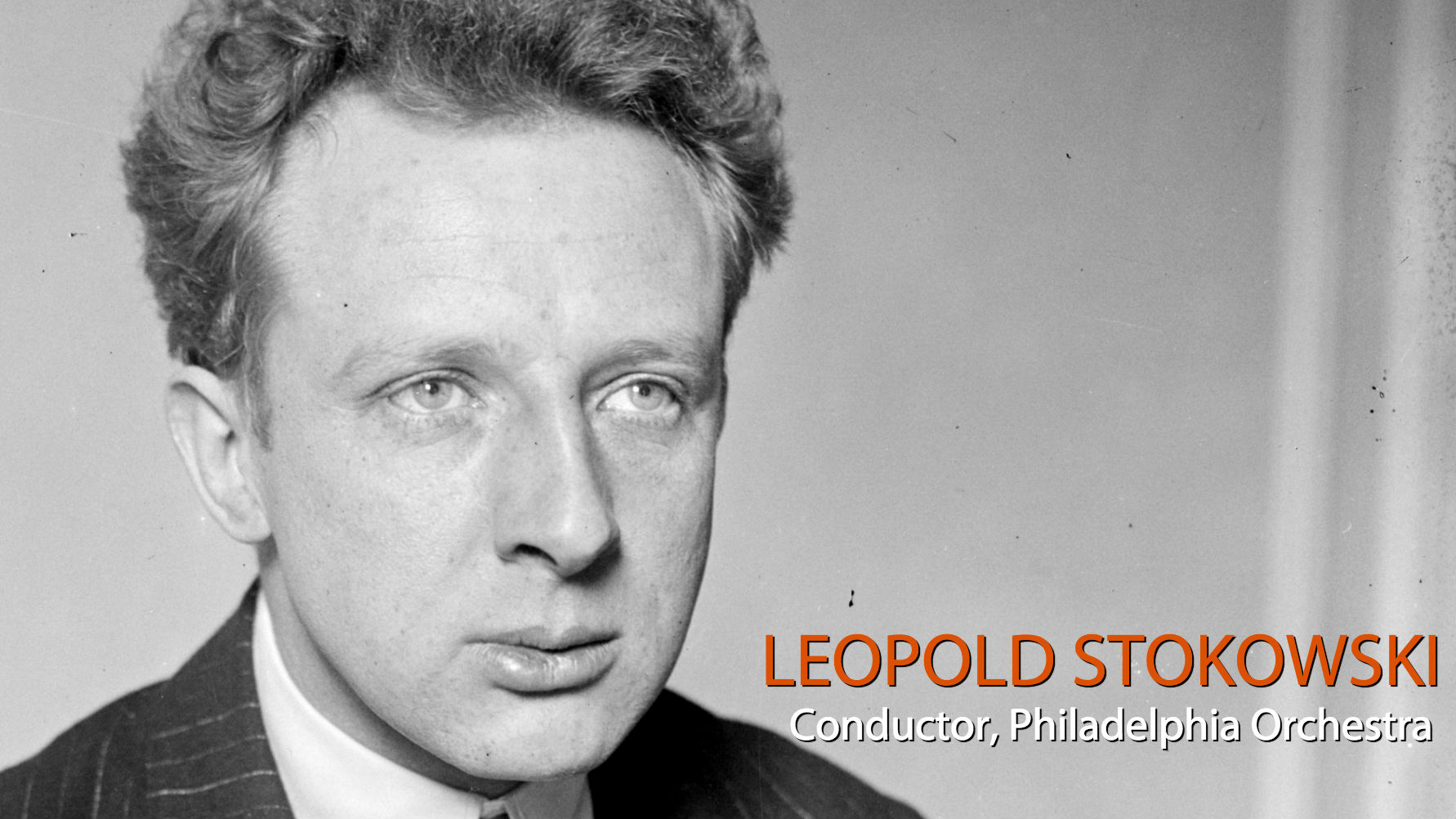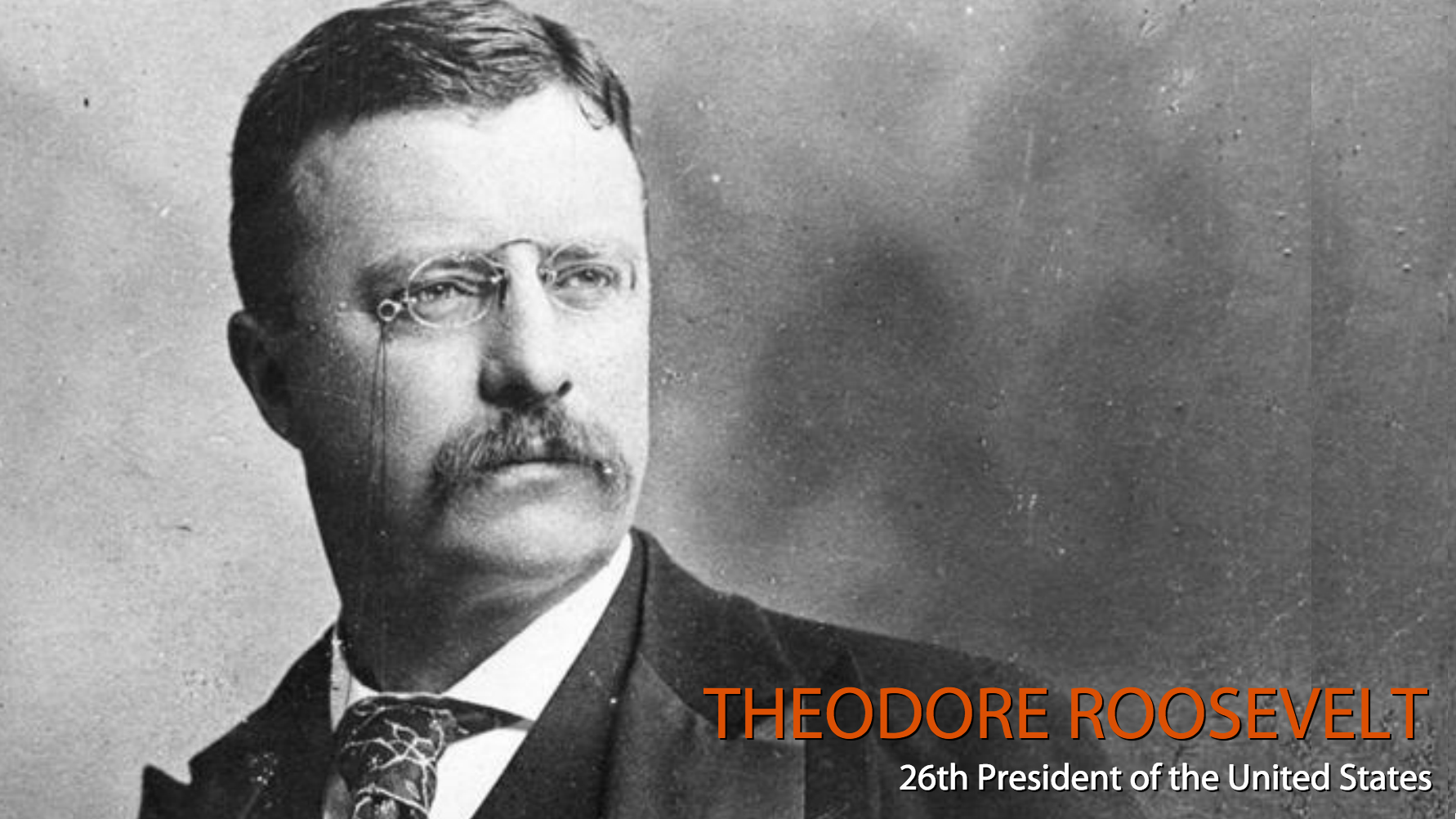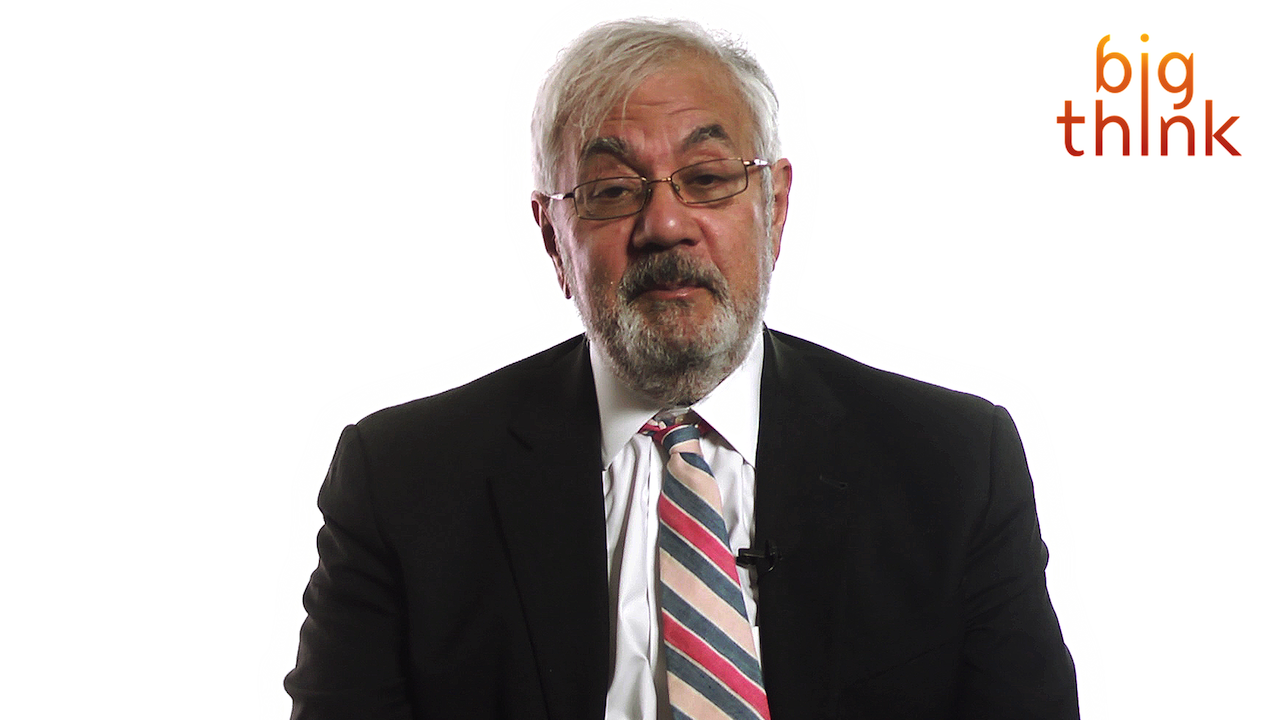bigthinkeditor

In case you missed it from earlier this week, economist Larry Summers visited Big Think to discuss infrastructure spending and why there’s no better time than now to perform maintenance on our roads, ports, and schools.
Investigative journalist Eric Schlosser shares the chilling history of myriad Americans who have at one time or another had the authority to launch nuclear weapons.
“Washing one’s hands of the conflict between the powerful and the powerless means to side with the powerful, not to be neutral.”
“Good science and good art are always about a condition of awe … I don’t think there is any other function for the poet or the scientist in the human tribe but the astonishment of the soul.”
Today’s featured Big Think interview is about hacking… but probably not the sort of hacking you’d expect. Learning expert Elliott Masie explains how Hackathons can help teams develop creative solutions.
“What after all, has maintained the human race on this old globe despite all the calamities of nature and all the tragic failings of mankind, if not faith in new possibilities, and courage to advocate them.”
Economist Larry Summers explains that there’s no better time than now for the U.S. to reinvest in its crumbling infrastructure.
The English author’s words resonate today as violent regimes reign across the globe and the United States grapples with the findings of the Senate torture report.
“More noise occurs from a single man shouting than a hundred thousand who are quiet.”
Vivek Wadhwa walks us through innovations that will disrupt the manufacturing, communications, finance, healthcare, and energy industries.
The former NATO Secretary General dishes on the ongoing fight against the so-called Islamic State, which Rasmussen calls “a terrorist organization that has carried out horrific acts.”
Xapo CEO Wences Casares calls Bitcoin “maybe the most important social experiment going on right now” that could one day replace the gold standard.
In case you missed it from earlier this week, author Sam Harris visited Big Think to discuss his use of the word “spirituality” and the importance of reappropriating powerful terms.
“Every race and every nation should be judged by the best it has been able to produce, not by the worst.”
The founder of MIT’s Media Lab imagines a future in which information and knowledge can be delivered to the brain through the bloodstream.
Ernie Banks was a Hall of Fame baseball player who spent his entire 19-year career with the Chicago Cubs. Despite his vast personal success, Banks never won a World Series ring.
Although he’s not a fan of the term, Dan Harris cites the practice of purposeful pauses as a superpower of sorts that can help restore one’s inner calm.
“I am proud to have been in a business that gives pleasure, creates beauty, and awakens our conscience, arouses compassion, and perhaps most importantly, gives millions a respite from our so violent world.”
Edwin H. Land was an American scientist and inventor best known for inventing the Polaroid instant camera. He was a major influence on Apple’s Steve Jobs.
The heralded economist and Harvard president emeritus explains why the price of oil is dropping in North America. He also discusses how American energy independence can’t be achieved just by reducing reliance on foreign oil.
Bestselling author Daniel H. Pink explains that just because fewer people occupy job positions called “salesperson” doesn’t mean members of the workforce are doing any less selling.
The late popular science writer felt very strongly that facts and theories should be understood to be two separate things.
“Our ideals, laws and customs should be based on the proposition that each generation, in turn, becomes the custodian rather than the absolute owner of our resources and each generation has the obligation to pass this inheritance on to the future.”
Sam Harris is embarrassed by the word “spirituality” because of its past misuse as a religious term. Despite its spooky etymology though, he argues that there’s no better word in the English language to describe one’s personal and intimate exploration of human consciousness.
In case you missed it from earlier this week, retired NBA Commissioner David Stern visited Big Think to discuss the NBA’s legacy of diversity.
In case you missed it from earlier this week, retired U.S. Congressman Barney Frank recently visited Big Think to discuss the rhetorical power of humor.
According to President of Iceland Ólafur Ragnar Grímsson, the reason his nation recovered so swiftly from the financial crisis is because the democratic will of the people was prioritized over the financial interests of the markets.
Word of wisdom from the famed British conductor: “A painter paints his pictures on canvas. But musicians paint their pictures on silence.”
“To waste, to destroy our natural resources, to skin and exhaust the land instead of using it so as to increase its usefulness, will result in undermining in the days of our children the very prosperity which we ought by right to hand down to them amplified and developed.”
Ridicule, says Frank, was one of his greatest weapons in Congress. The retired Massachusetts congressman shares how humor can help win friends and arguments.













